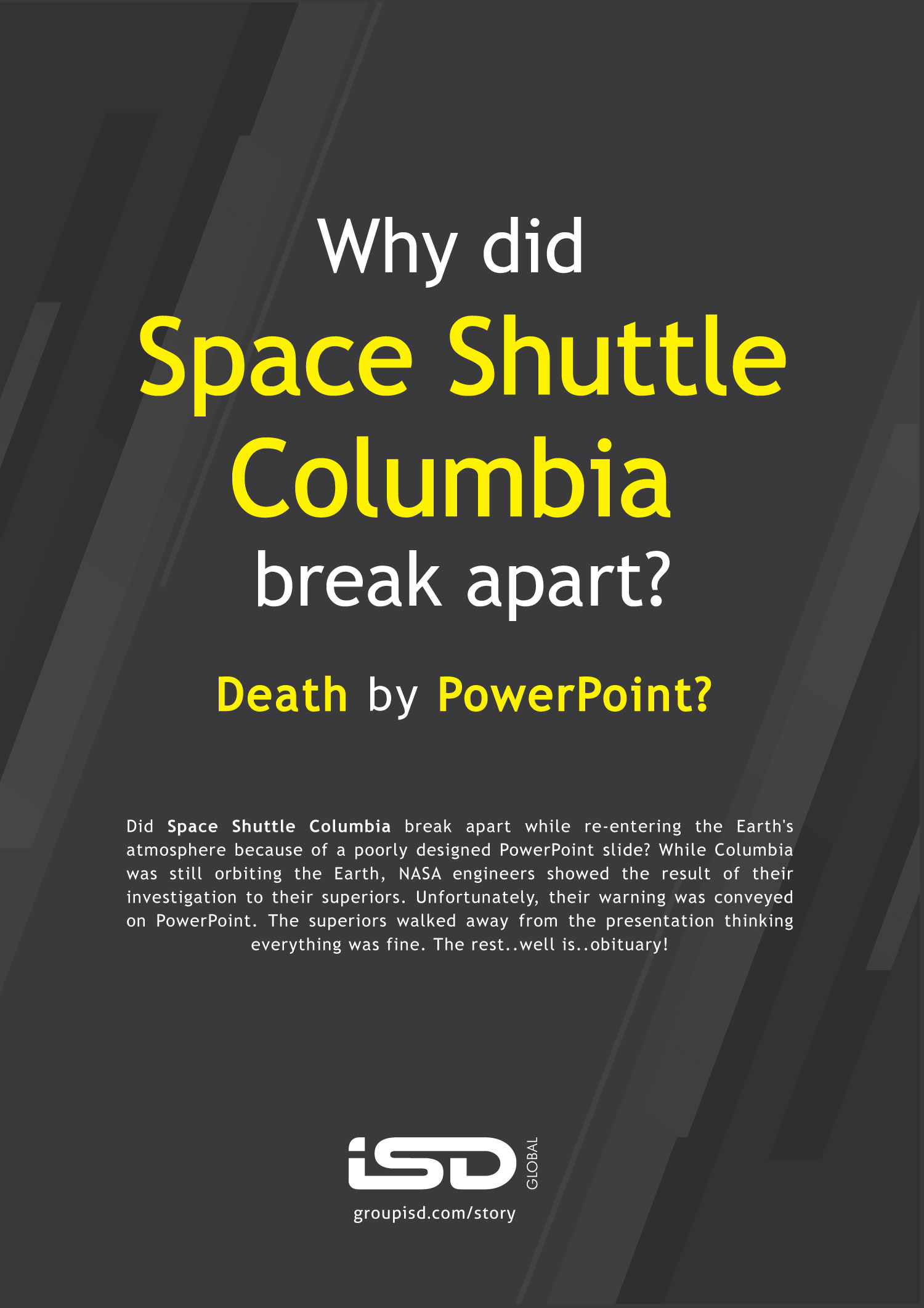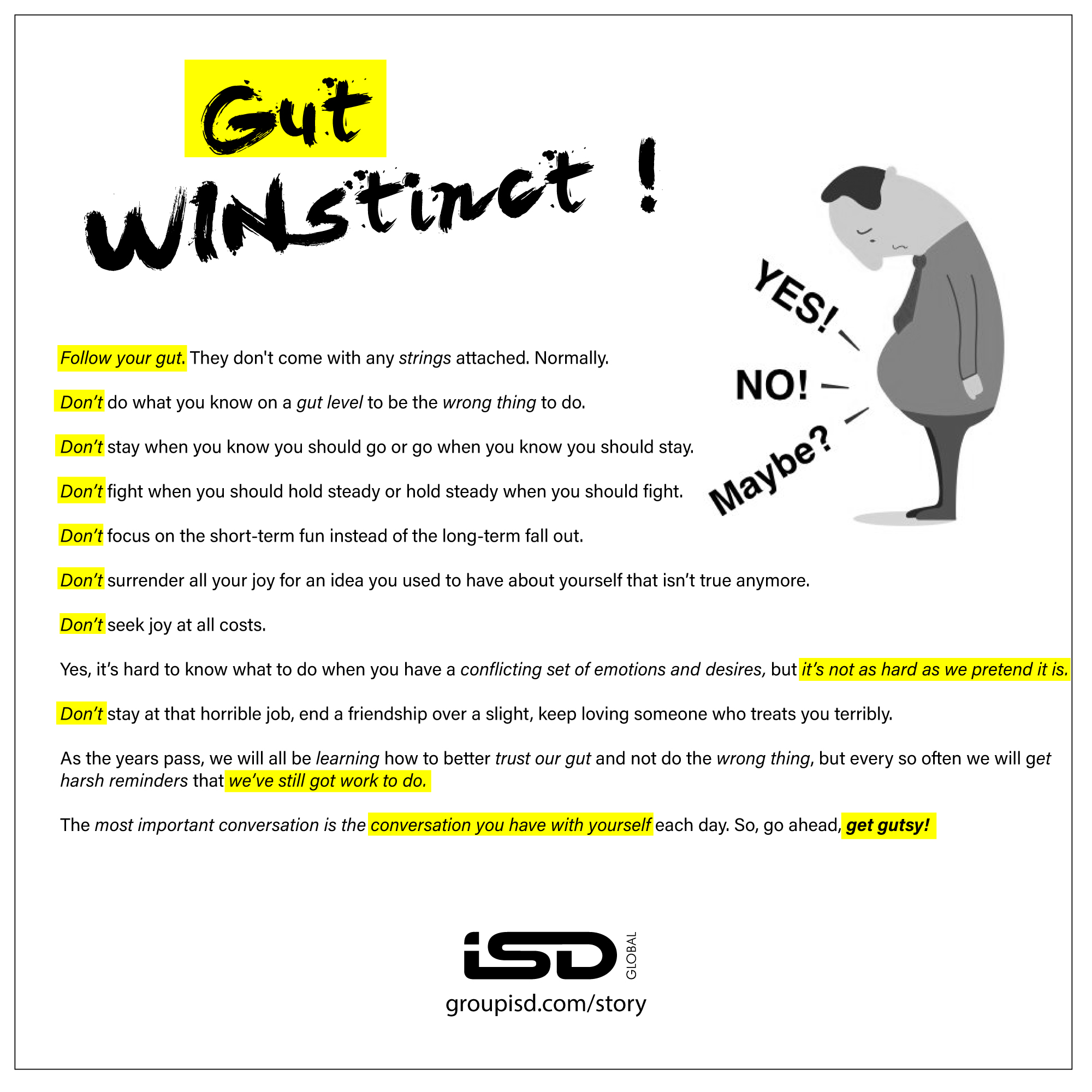” There is a voice that doesn’t use words. Listen.” — Anonymous
Intuition isn’t some mystical “woo-woo”force—it’s your brain playing cheat codes on life. Nobel Prize winner Daniel Kahneman calls it “thinking fast“—your subconscious crunching years of experience faster than Excel on a caffeine binge.
Data is the spreadsheet. Intuition is the ‘CTRL+Z’ for life.
By the time logic ties its shoelaces, intuition’s already run the marathon, won a medal, and posted a selfie.
In a world drunk on data, the real superpower? Gut. Instinct. Intuition. The whisper we ignore because it doesn’t come in a pie chart.
The next time you face a significant decision, try this experiment: Gather all available data and conduct thorough analysis. Then set it aside and ask yourself, “What does my deepest knowing tell me?” Notice what emerges. Feel the difference between mental chatter and genuine intuitive guidance.
Your intuition has been waiting patiently for you to remember its power. It’s been there through every major life transition, every important relationship decision, every career crossroads. It’s the part of you that knows your authentic path even when the world suggests otherwise.
In a world drowning in information but starving for wisdom, your intuitive intelligence isn’t just a nice-to-have—it’s your competitive advantage, your creative catalyst, and your compass toward a life of deeper meaning and unprecedented achievement.
In a world obsessed with data analytics, market research, and evidence-based decision making, we’ve systematically trained ourselves to distrust the very faculty that has guided humanity’s greatest leaps forward. Yet neuroscience reveals a startling truth: our intuitive mind processes 11 million bits of information per second, while our conscious mind manages a mere 40. We’re essentially using a bicycle to chase a supersonic jet.
The question isn’t whether you have intuitive intelligence. You do. The question is whether you’ll finally give it the respect, attention, and trust it deserves.
Your greatest breakthroughs are waiting on the other side of that leap of faith. Between data points and destiny lies the uncharted territory of knowing without knowing.
The future belongs not to those who choose between analytical and intuitive intelligence, but to those who masterfully integrate both. Data provides the what and the how; intuition reveals the when and the why. Analytics shows you the market opportunity; intuition tells you if you’re the right person to pursue it.
This integration requires what we might call conscious intuition—the ability to access intuitive insights while maintaining critical thinking skills. It’s not about abandoning analysis, but about expanding our definition of intelligence to include our most sophisticated processing system.
From Steve Jobs resurrecting Apple on a whim to ancient Indian sages meditating their way to cosmic truths, intuition has been the world’s most underrated superpower. And yet, we treat it like that one weird uncle—interesting, but not to be taken seriously in public.
History is equally filled with disasters that occurred when leaders ignored collective intuitive warnings:
The Challenger Space Shuttle Disaster: Engineers at Morton Thiokol had deep intuitive concerns about launching in cold weather, even though they couldn’t quantify the exact risk. Their gut feelings were overruled by schedule pressures and demands for hard data. The result was catastrophic.

The 2008 Financial Crisis: Numerous financial professionals reported feeling uneasy about subprime mortgage practices years before the collapse, despite models suggesting everything was fine. Those who trusted their intuitive sense of unsustainability and excessive risk often avoided the worst losses.
While resumes and interviews provide data, the best hiring managers also pay attention to their intuitive sense about cultural fit, hidden potential, and long-term trajectory. Google’s former head of People Operations, Laszlo Bock, emphasized that after meeting basic qualifications, hiring often comes down to “Googleyness“—an intuitive assessment of cultural alignment.
Your body is an intuitive antenna. Practice noticing physical sensations during decision-making. Does your chest feel open or constricted? Do your shoulders relax or tense? Your body often knows before your mind does. From what I know, this is somatic intelligence.
Intuitive insights often feel uncomfortable because they challenge our rational frameworks. When something feels simultaneously scary and exciting, pay attention—that’s often intuition pointing toward growth opportunities. That is the power of embracing constructive discomfort.
In our hyperconnected world, intuitive insights emerge in quiet moments. Schedule daily intuition appointments—10 minutes of complete stillness where you ask important questions and simply listen. Ratan Tata reportedly made many crucial business decisions during his solitary morning walks. It is amply proven that our best thinking emerges during periods of slack, not during the tyranny of the hustle. It is worth cultivating your Inner Oracle.
Recent neurological research reveals that intuitive decisions activate the anterior cingulate cortex and the orbitofrontal cortex—brain regions that integrate emotional, social, and cognitive information at lightning speed. Dr. Antoine Bechara‘s famous Iowa Gambling Task demonstrated that people’s intuitive systems identified the rigged game after just 10 cards, while their conscious minds needed 50 cards to catch on.
This suggests that intuition isn’t guesswork—it’s sophisticated information processing operating below conscious awareness. Your gut feeling about a job interview, a business partnership, or a life decision is actually your brain’s supercomputer delivering its analysis before your rational mind has finished loading the data. That is the neuroscience of instantaneous wisdom.
India’s business landscape offers fascinating examples of intuition triumphing over conventional wisdom: Kishore Biyani’s Retail Revolution: When the Future Group founder decided to create Big Bazaar, market research suggested Indians wouldn’t embrace large-format retail. Biyani ignored the data, trusting his intuitive understanding of Indian consumer psychology. He created “organized chaos“—stores that felt like traditional bazaars but offered modern convenience. His intuition about Indian shopping behavior revolutionized retail across the country.
Kiran Mazumdar-Shaw’s Biocon Gamble: When Shaw started Biocon in her garage in 1978, she had no business plan, no market research, and faced gender discrimination in a male-dominated industry. Her intuitive belief that India could become a biotechnology powerhouse seemed delusional. Today, Biocon is a billion-dollar biopharmaceutical company, and Shaw’s early intuitive leap helped establish India as a global biotech leader.
Reed Hastings’ Netflix Pivot: In 2007, when Netflix was thriving with DVD-by-mail service, Hastings made the counter-intuitive decision to cannibalize his own successful business model by pivoting to streaming. Industry experts called it corporate suicide. His intuitive grasp of technological convergence and changing consumer behavior created a $240 billion entertainment empire.
Howard Schultz’s Starbucks Experience: When Schultz visited Italy and experienced espresso bar culture, he had an intuitive vision of bringing that community-centered coffee experience to America. Market research suggested Americans wouldn’t pay premium prices for coffee, and focus groups found the concept confusing. Schultz trusted his intuitive understanding of human need for connection and ritual, creating a global phenomenon with over 35,000 stores worldwide at one point.
Isaac Newton’s law of gravity, according to legend, was inspired by an apple falling from a tree—a moment of intuitive insight that connected the mundane with the cosmic.
Alexander Fleming’s “Happy Accident”: When Fleming noticed that a contaminated petri dish had killed surrounding bacteria, conventional scientific method would have discarded it as flawed experimentation. Instead, Fleming’s intuition whispered that this contamination might be revolutionary. That whisper became penicillin, saving over 200 million lives. This when science bowed to the sixth sense.
Intuition isn’t mysticism dressed up in business attire. It’s pattern recognition operating at warp speed, drawing from vast reservoirs of accumulated experience, emotional intelligence, and subconscious processing power. When Dr. A.P.J. Abdul Kalam conceptualized India’s missile program, he didn’t have access to supercomputers or extensive feasibility studies. He had conviction born from intuitive understanding of physics, coupled with an inexplicable certainty that India could achieve what seemed impossible.
Henri Becquerel’s Discovery of Radioactivity: A forgotten photographic plate and a mysterious urge to develop it led to the discovery of radioactivity, a phenomenon science was unprepared to explain.
Every time you’ve walked into a room and sensed tension without anyone speaking, or known a decision was wrong despite perfect logic supporting it, you’ve experienced your intuitive intelligence in action. This isn’t magical thinking—it’s your brain’s quantum computer processing variables your rational mind hasn’t even identified yet. That is the anatomy of knowing without knowing.
Use intuition to guide, but validate with reason when possible. The most powerful decisions happen when head and heart align.
Elon Musk once said, “If the data and intuition disagree, sometimes you go with intuition.” The future belongs to those who think with numbers but beyond them. Your gut isn’t guessing—it’s your subconscious speaking. Will you listen?

